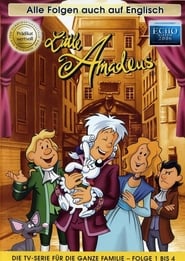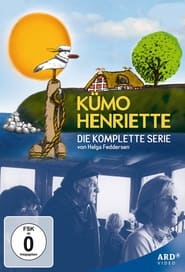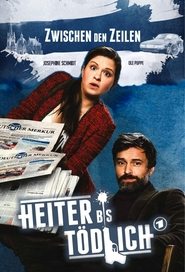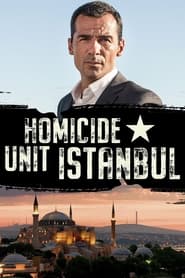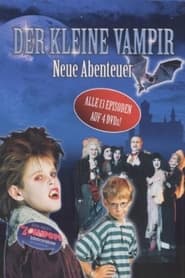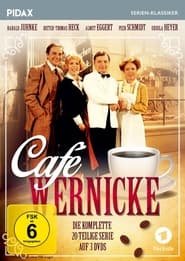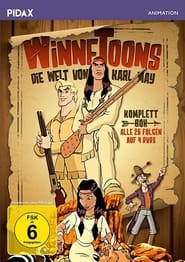Das Erste TV Series - Page 15
-
Little Amadeus – Die Abenteuer des jungen Mozart
2006
star 5Little Amadeus is an animated television series which is intended to promote the interest in music and musical instrument playing in young viewers. The series consists of 26 episodes, each of which tell a fictional story of a young Wolfgang Amadeus Mozart -
Quiz ohne Grenzen
2020
Quiz ohne Grenzen
2020
-
Homicide Unit Istanbul
2008
star 5Istanbul police commissioner Mehmet Özakin is in charge of serious crime, mainly murder investigations, mostly in the Turkish metropolis. A very modern Turk, he uses up to date Western methods, without prejudice, assisted by bachelor Mustafa Tombul. Even his private life is progressive, his wife Sevim being on the former imperial capital's university staff. -
Der kleine Vampir – Neue Abenteuer
1993
Der kleine Vampir – Neue Abenteuer is a German children's television series made in 1993. The series counts 13 episodes and is based upon the books The little vampire travels and The little vampire at the farm which are part of Der kleine Vampir written by German author Angela Sommer-Bodenburg. In 1986 another series was aired: Der kleine Vampir which was based upon other books. In the new series, other actors were used as the originals were now eight years older. The new series is neither a successor concerning the story. Furthermore, the new series introduce Anna and Rüdigers parents. Also, uncle Theodor is not present as he is dead whereas Theodor was a main character in the first series. -
Café Wernicke
1980
Café Wernicke
1980
-
The German Bronx
1997
The German Bronx
1997
-
Aus Liebe zum Sport
1974
Aus Liebe zum Sport
1974
-
St. Angela
1997
-
Haus am See
1992
Haus am See
1992
